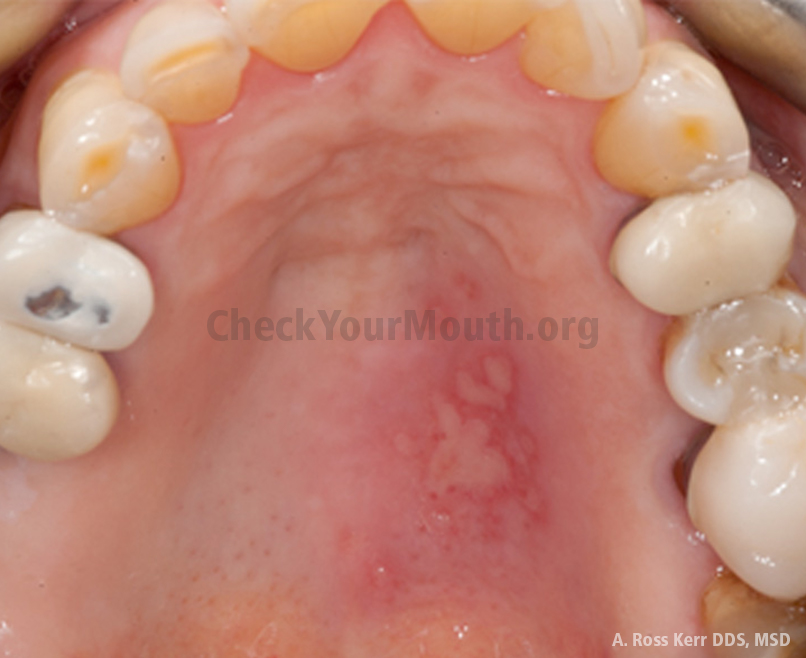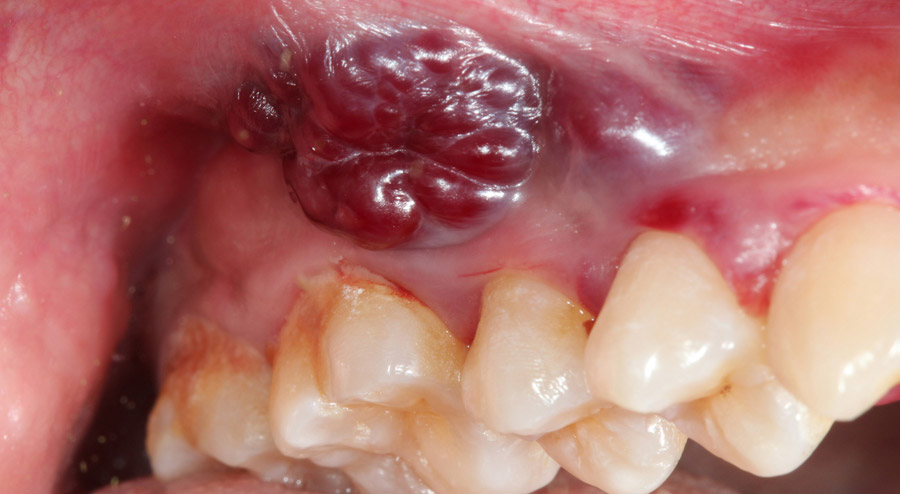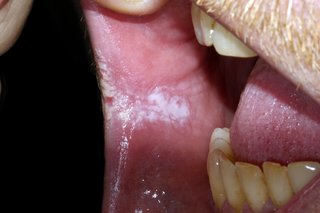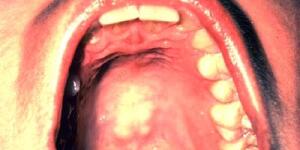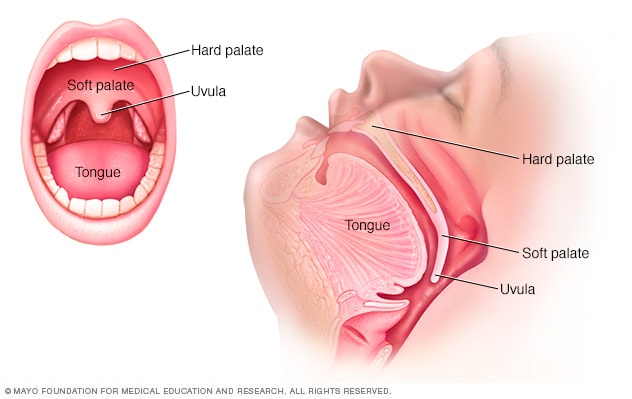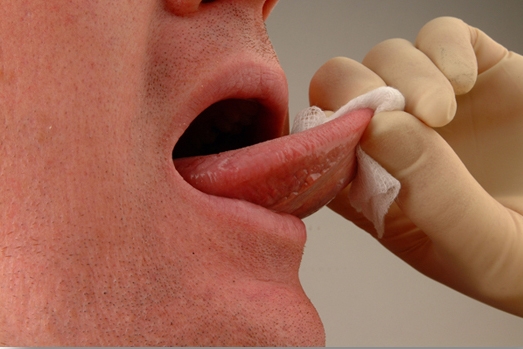Cancerous Normal Roof Of Mouth
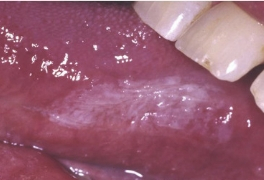
White red or mottled patches.
Cancerous normal roof of mouth. Minor or simple sores and major or complex sores. What is cancer of the palate. A mixture of red and white patches in your mouth called erythroleukoplakia is an abnormal cell growth that s more likely to become cancerous. Mouth cancer is one of several types of cancers grouped in a category called head and neck cancers.
Cancers that develop there tend to spread into the nasal cavity when they become more advanced. Other signs of oral cancer to watch out for include. The hard palate creates a barrier between the mouth and the nasal cavity. Erythroplakia are patches or bright red coloration that form in the mouth and are considered to be cancerous in nature.
A torus palatinus is a bony growth that develops on the roof of the mouth. These growths come in many different shapes and they may be very small or quite large. Thickened tissues or lumps. Signs of oral cancer.
Stiffness pain and swelling in the jaw. You may notice a growing lump or swelling in your upper lip the roof of your mouth inside your cheek or in another spot in your mouth. The mass appears in the middle of the hard palate and can vary in size and shape. Numbness anywhere in the mouth.
Torus palatinus is a harmless painless bony growth located on the roof of the mouth the hard palate. Hard palate cancer is a type of head and neck cancer that begins when cells that make up the bony part of the roof of the mouth grow out of control and form lesions or tumors. Your mouth and tongue also signal vitamin deficiencies and these 9 other surprising health secrets. Keep in mind that not all salivary gland tumors are cancerous.
There are two main types of canker sores. Prolonged sore throat or hoarseness. If red and white patches last more than two weeks. A torus palatinus is not cancerous.
Since almost 75 to 90 of erythroplakia cases lead to mouth cancers it is essential that these vividly colored patches are not ignored. The palate is commonly called the roof of the mouth. Sometimes oral cancers develop in the small salivary glands that exist in the lining of your mouth and throat. Unlike a canker sore a cancerous ulcer won t heal on its own.
The hard palate creates a barrier between the mouth and the nasal cavity. The bony hard palate in the front and the fleshy soft palate called the velum in the back of the mouth the hard palate is part of the oral cavity and the soft palate is part of the oropharynx. It is divided into two parts.
